Right now your student may be experiencing a wide range of emotions, from the joy and excitement of preparing for college, to feelings of fear and anxiety as they continue to navigate the effects that COVID-19 have had on their education plans. Although these emotional responses are normal, some individuals may begin to feel stuck in their fears, or avoid acknowledging their feelings and struggles during this time of uncertainty.
As parents, it is important to recognize that now is a time during which you can help prepare your student for college (and how that looks during the pandemic) in a way that fosters their growth and resilience.
It will be helpful to encourage your student to learn how to face and cope with their various emotional responses. Listen actively to your student’s feelings in a way that is empathic and nonjudgmental. Validate your student’s feelings by letting them know it is okay to feel anxious, overwhelmed, and confused about their college experience. At other times, ask them about their positive emotions – what they are feeling good about and grateful for at this pivotal time in their life.
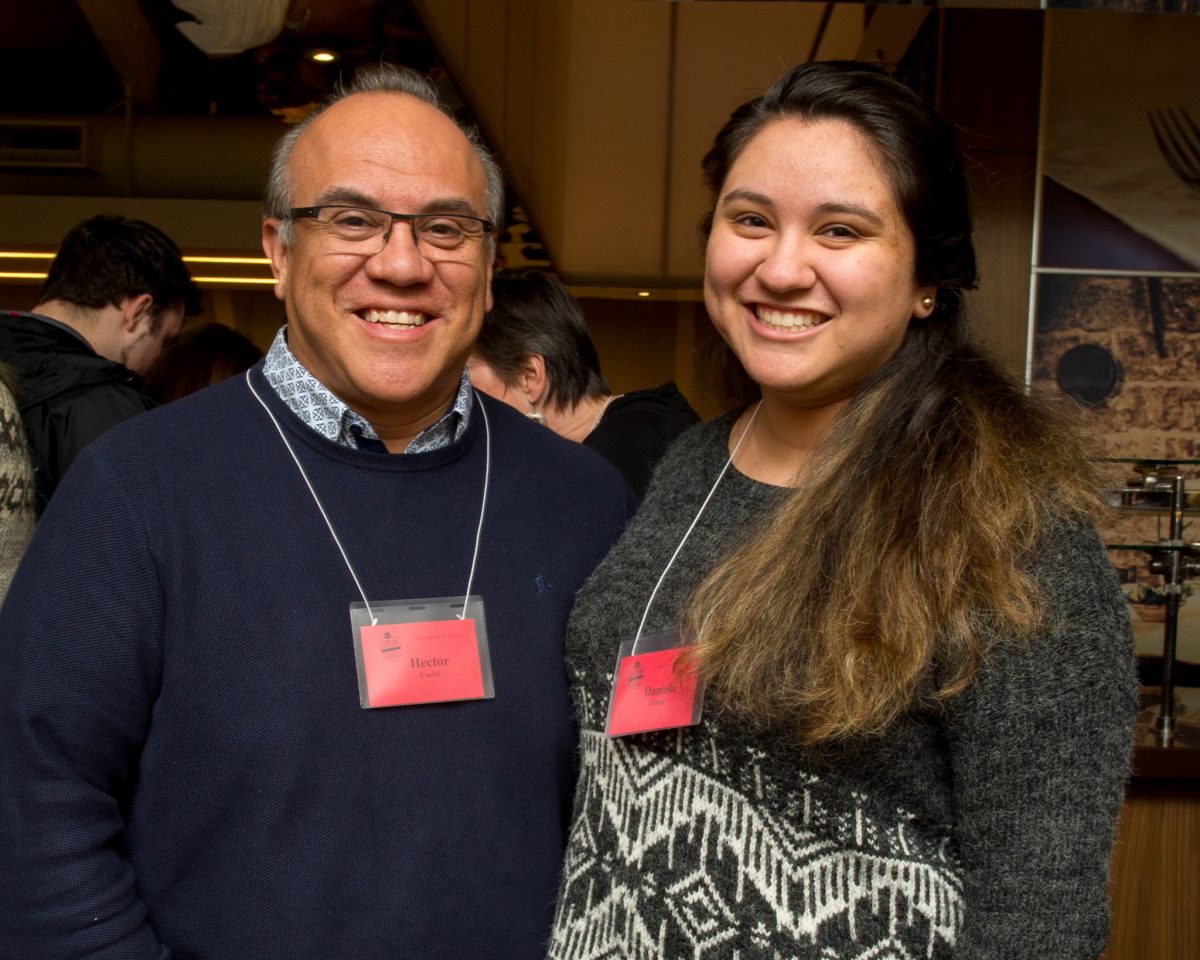
For students who will be taking mostly online courses this spring, remember that they are going through a significant developmental change into young adulthood, even if they will still be living at home. As parents, we want to encourage them to grow as young adults by giving them some distance and allowing them to establish their own schedule for studying and sleeping. Recent surveys indicate that college students do not want their parents asking them a lot of questions about their homework or daily schedule.
The academic workload and challenges in college are very different than in high school, so it may take your student some time to adjust. Be patient and respect that they will need to focus on their studies. Even if they live at home, they may not be available to do spontaneous activities with the family, so work with them to spend time together in a way that fits well with their schedule.
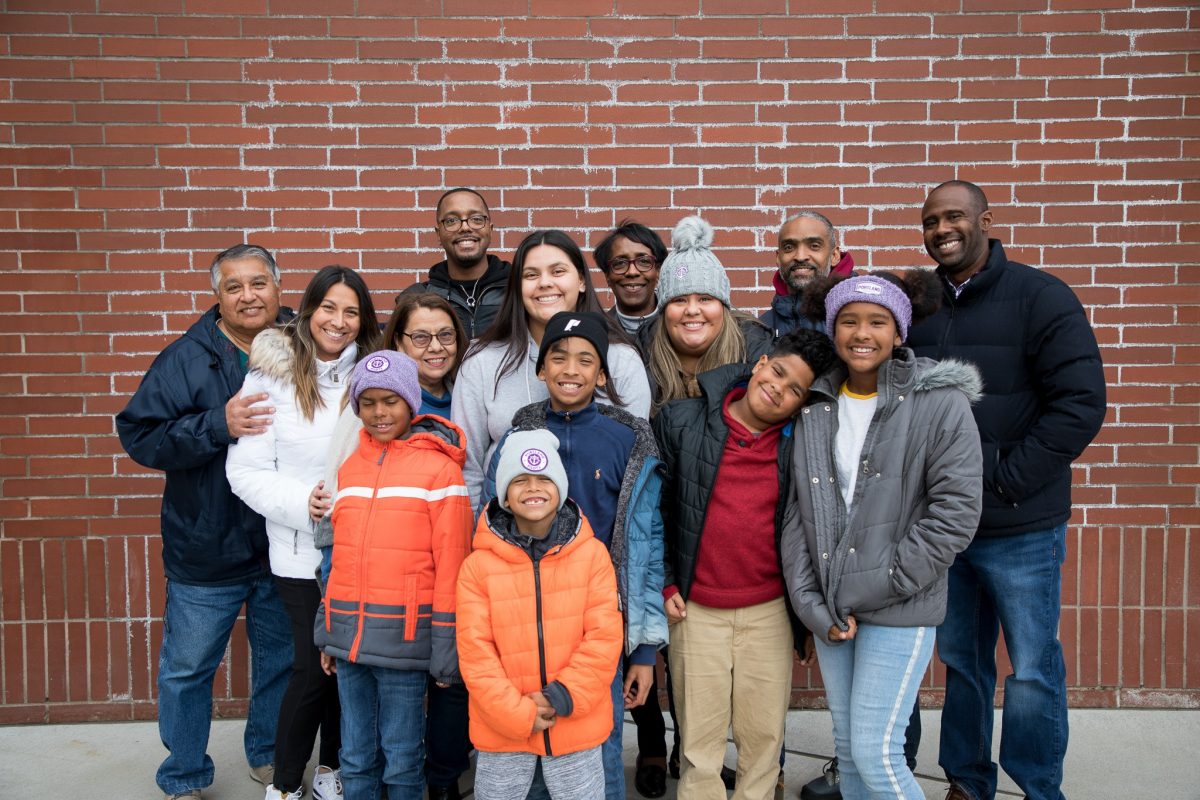
Here are other tips for how to support your student:
- Ask open-ended questions to help your student practice effective problem-solving skills during challenging times in college. Examples: “What do you think you should do about that problem? What are your options? What are the pros/cons of that idea?”
- Emphasize the importance of practicing good self-care and monitoring their own physical and emotional health regularly.
- Help your student create time and space to identify and feel their emotions, such as anxiety and fear, rather than avoiding them.
- Encourage them to seek social support or positive distractions (such as music, exercise, or books/movies) if their emotions feel overwhelming at times.
- Students needing mental health support can contact the University’s Health and Counseling Center at 503.943.7134 to make an appointment with a counselor.
As parents, it may take time to adjust to this upcoming transition, so carve out consistent time to care for yourself as your student gets ready for college. By taking good care of yourself and prioritizing your personal health, you will be better equipped to support your student and model effective ways to manage stress.
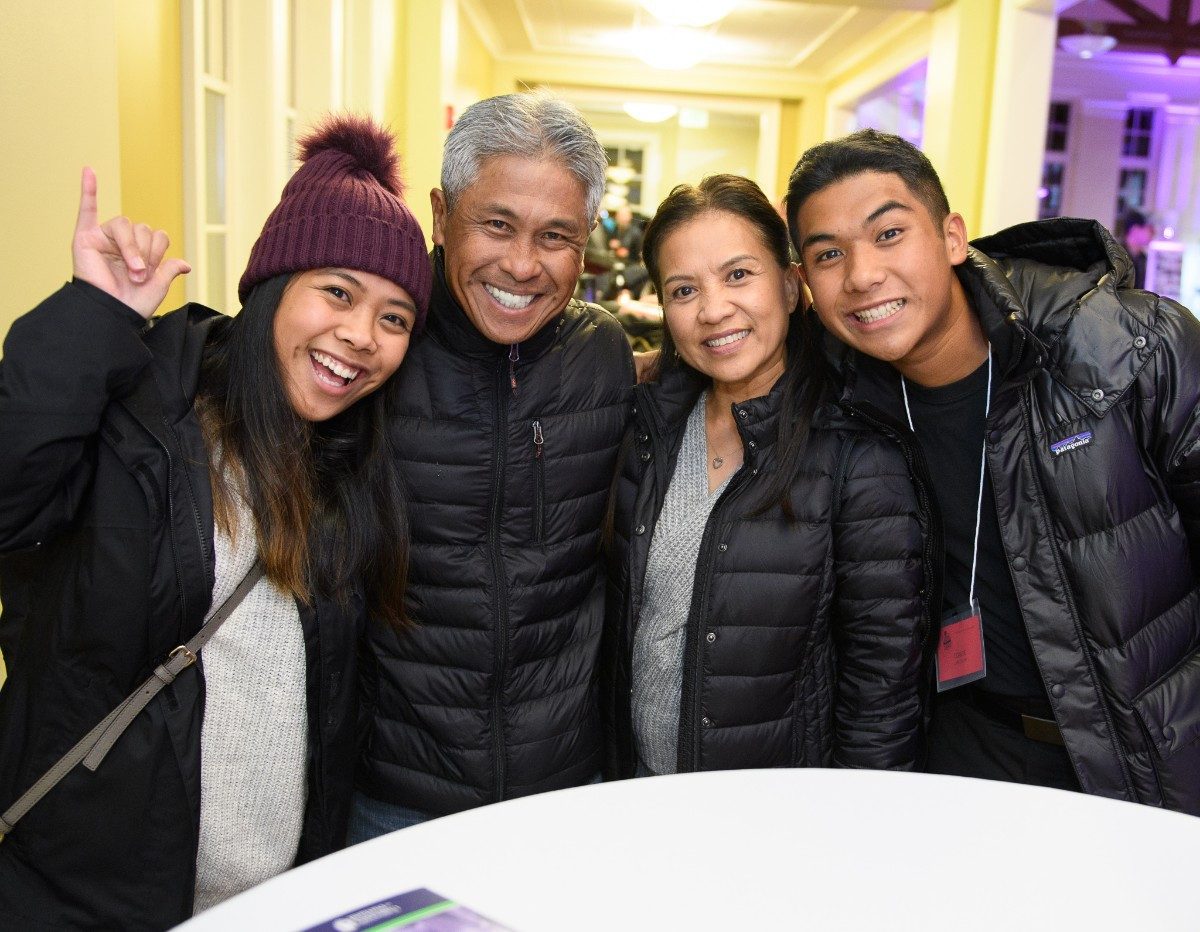
Here are tips for your own self-care:
- Be gentle with yourself and your routine as you initially adjust to your student being in college.
- Strive to cultivate quality social connections with friends and family members for general support, and for those moments when you need to talk through your own reactions and needs.
- It is also common for parents to experience a wide range of emotions during this time, including excitement, worry, sadness, and grief. It is a time of separation; make sure to provide yourself some time to process these different reactions.
- Limit your exposure to constant news updates, and be selective about what you see and hear during this time of adjustment.
- Learn to accept uncertainty and change, and strive to live in the moment, appreciating simple but valuable moments in your day. This is a good practice for all of us!
- Focus on what is within your personal control, such as healthy eating, exercising, focusing on what’s important to you, and trying something new or creative to explore other sides of yourself.
As parents, we ultimately want to support our children throughout college, and help them learn ways to effectively manage life’s challenges. Here at the UP Health & Counseling Center, we understand that during these uncertain times, you will also need support and a clear focus on your own physical and mental health. We are wishing all UP students, families, and community members well as we navigate this outbreak together.
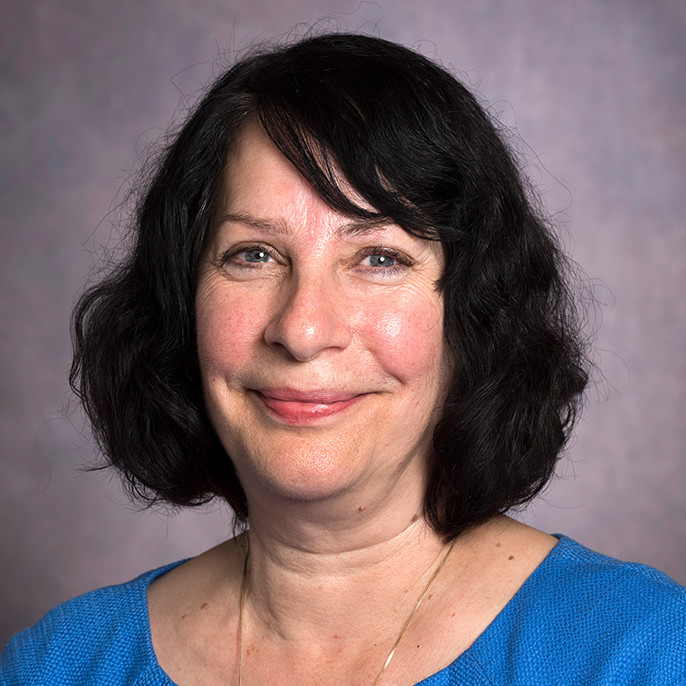
Dr. Carol Dell’Oliver is a licensed clinical psychologist with extensive experience in college counseling, supervision, and clinical leadership, as well as in providing outpatient mental health services to adolescents and young adults in private practice settings. She is currently the Director of the Health and Counseling Center at the University of Portland.

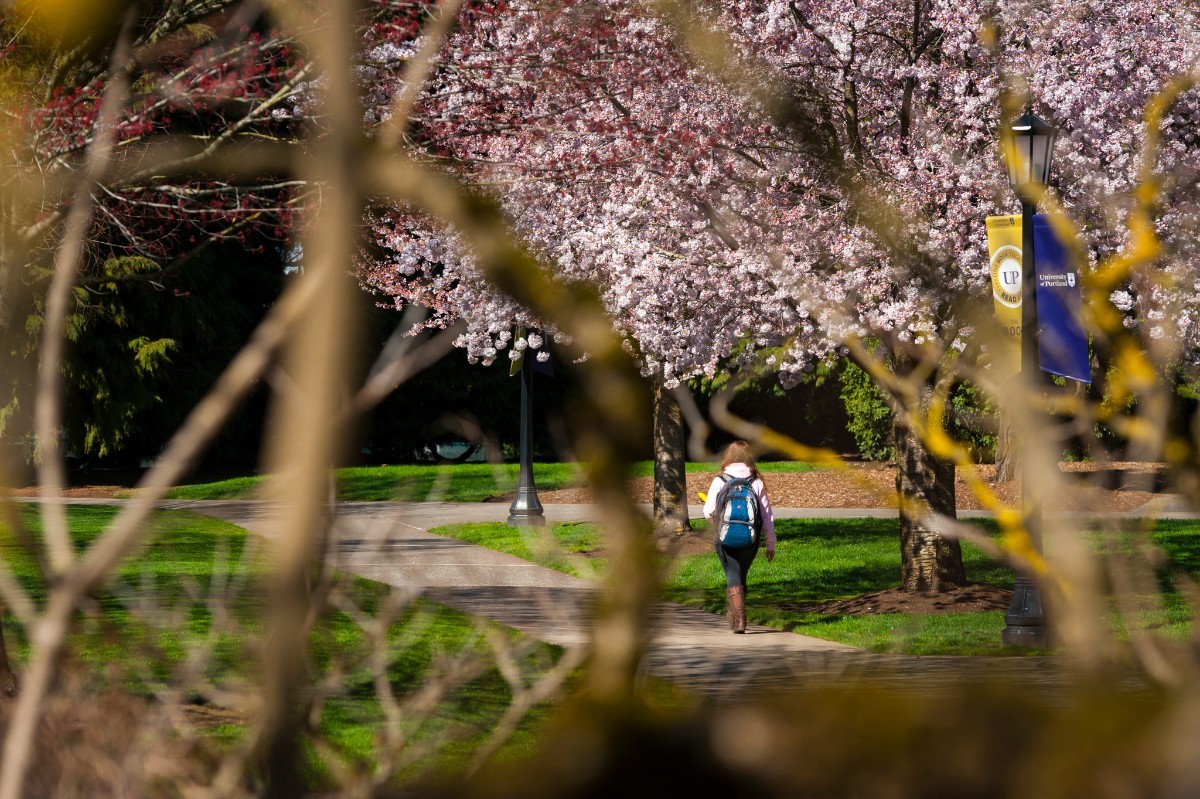
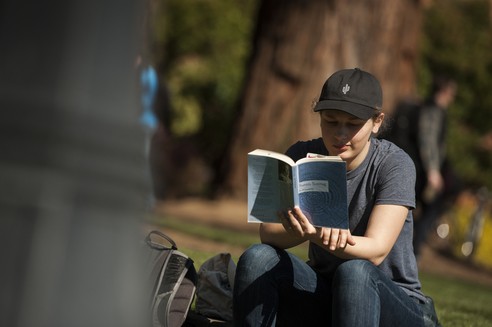 3. Read for Fun
3. Read for Fun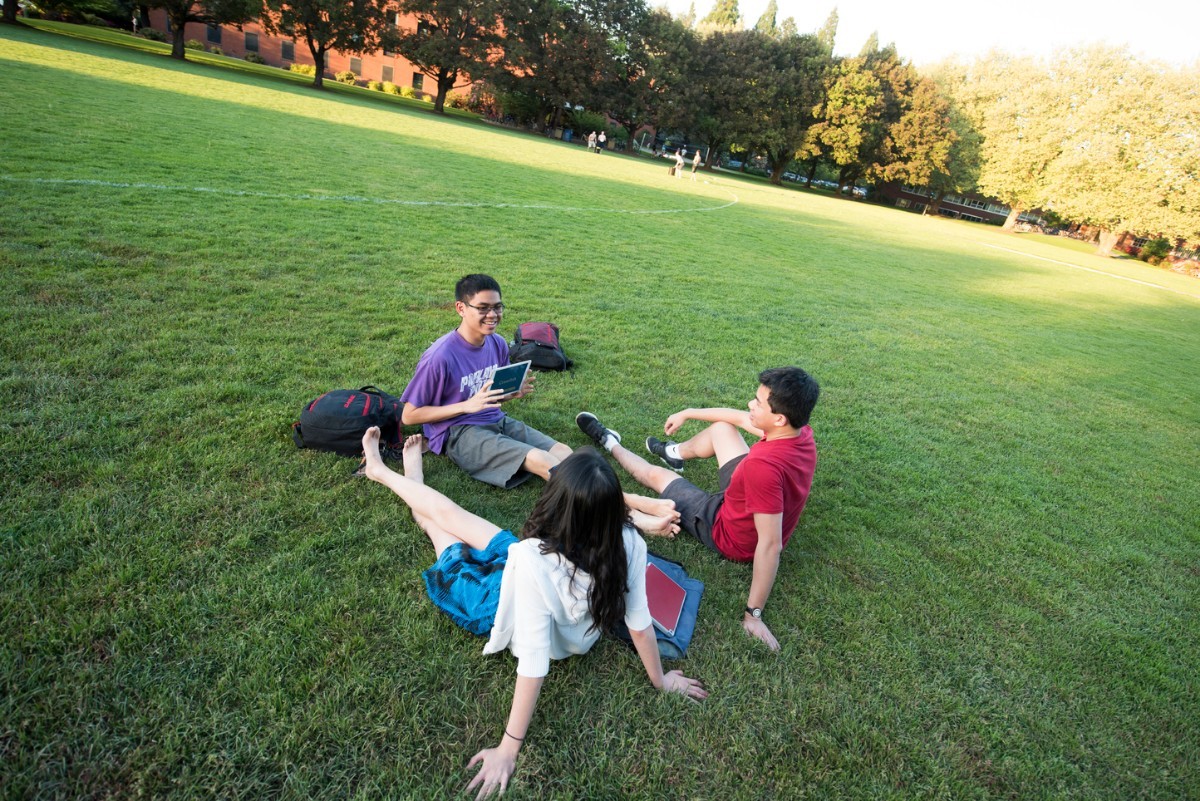
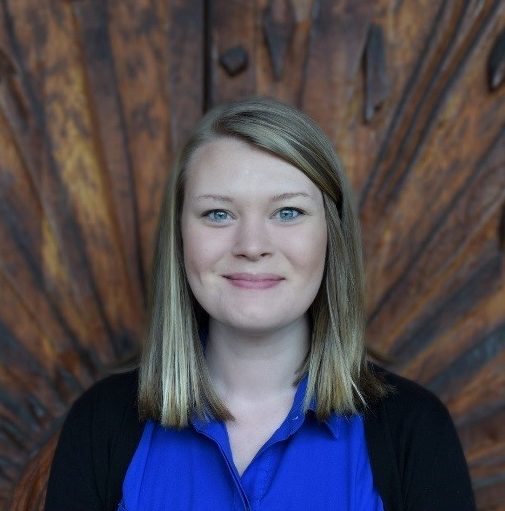
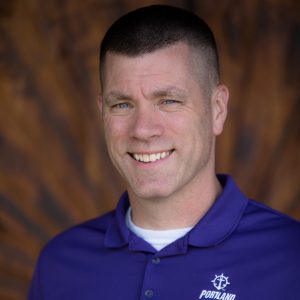 Craig Swinyard Ph.D. ’98 graduated from UP with a degree in mathematics. During his undergraduate days, Craig was actively involved as an RA in Villa Maria Hall during his junior and senior year. Craig returned to The Bluff in 2008 as a faculty member in the mathematics department and continues to teach in addition to his role as Director of Alumni & Parent Relations.
Craig Swinyard Ph.D. ’98 graduated from UP with a degree in mathematics. During his undergraduate days, Craig was actively involved as an RA in Villa Maria Hall during his junior and senior year. Craig returned to The Bluff in 2008 as a faculty member in the mathematics department and continues to teach in addition to his role as Director of Alumni & Parent Relations.